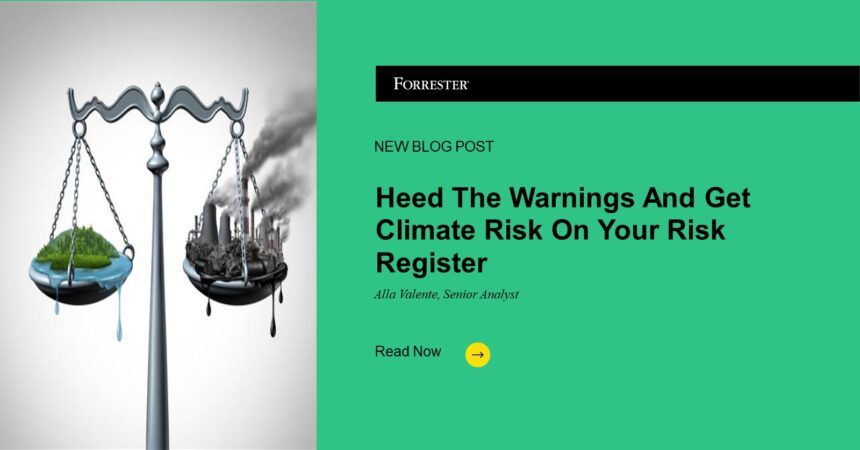On August 14, 2023, a Montana state court found that Montana violated the plaintiffs’ constitutional right to a “clean and healthful environment” by promoting the use of fossil fuels without factoring for the effects of greenhouse gas emissions (GHE). It sets legal precedent for similar cases already filed in other states. But could it also ignite a chain reaction where employees take companies to task on climate related policies? Cause other states and worldwide governments to enact legislation? Yes, it could. And here’s what every risk management pro should be considering now.
A Climate Action Blueprint For Employees
By arguing that the state violated constitutional rights, this ruling creates a blueprint for employees to “motivate” organizations to consider the climate-related implications of their policies and actions. Amazon drivers and warehouse workers are already striking, in part to protest work conditions under temperatures exceeding 100 degrees. UPS recently reached an agreement with the Teamsters union to install air conditioning systems in its delivery trucks. Employees could argue that their right to “safe and healthful working conditions” under Occupational Safety and Health Administration’s (OSHA) have been violated without these protections, including those in factories, restaurants, airlines, and delivery services.
Today, class-action lawsuits against employers have increased, with upticks in unlawful use of biometric data and failure to safeguard employee data. Given the momentum of accountability, it wouldn’t be a far stretch for employees to argue that requirement under OSHA for “a workplace free from serious recognized hazards” are no longer limited to the office and claim that a company’s failure to consider climate impact in their decision-making violates their Workers’ Rights.
A Climate Legislation Blueprint For States … And Possibly Countries
In addition to employee climate action, the Montana ruling could trigger a wave of US state legislation and might lead to other worldwide country level legislation to avoid litigation — but also as governments rush to protect their economic growth.
Climate Risk Is Coming To A Risk Register Near You!
Risk pros beware! Despite the lack of a current US federal mandate on climate risk, your organizations still have a responsibility to act in a way that doesn’t negatively impact stakeholders. If climate risk isn’t on your risk register, put it there. Even with all the other risks you’re balancing (cyber, economic, geopolitical), climate risk came in as number eight in The Top Systemic Risks, 2023 research and shouldn’t be underestimated. Use the Forrester Systemic Risk Matrix tool to evaluate the impact of climate risk on other enterprise risks. And schedule an inquiry or guidance session with me to talk about climate risk in your enterprise risk program.








